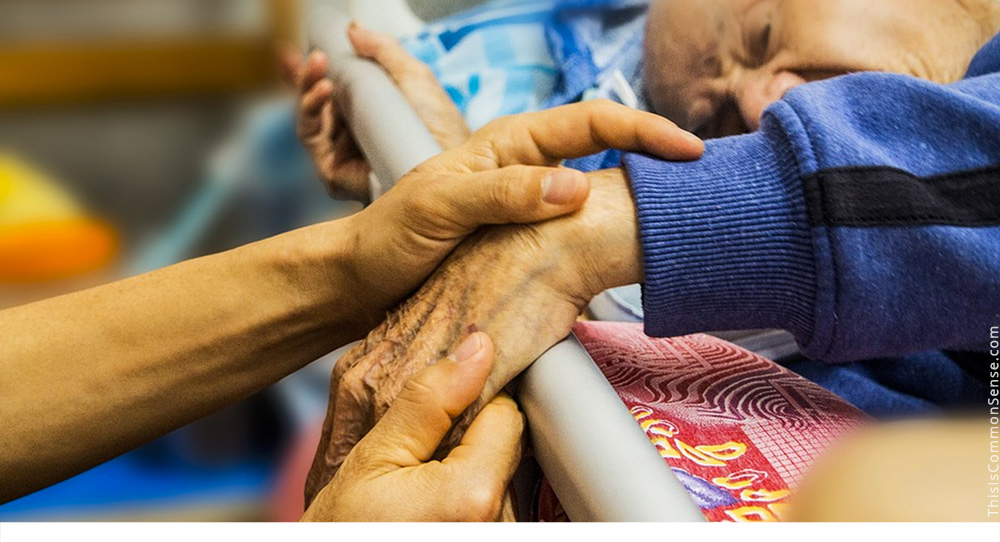When Congress behaves badly, I criticize. When it works well, I applaud.
I’ve waited a long, long, long time to put my hands together in polite applause.
It happened yesterday.
The U.S. House of Representatives passed a Senate bill, largely along party lines, to give those facing a terminal illness the “right to try.” That is, the right to try experimental drugs and treatments that haven’t yet been approved by the federal Food & Drug Administration (FDA).
Of course, Congress doesn’t actually give us rights. We have always had the common law right — indeed, the human right — to freely seek a path to wellness when we are ill.
From time immemorial. Even before the FDA.
So, this legislation was, more correctly put, a way to announce that the congressionally-created FDA would stop blocking our freedom … provided we are dying and the government-approved medical establishment has no more licensed hope to offer.
The bill now goes to President Trump. “People who are terminally ill should not have to go from country to country to seek a cure,” he declared in his last State of the Union, “I want to give them a chance right here at home.”
Democrats overwhelmingly disagreed.
“This will provide fly-by-night physicians and clinics the opportunity to peddle false hope and ineffective drugs to desperate patients,” argued Rep. Frank Pallone (D‑N.J.).
Rep. Jan Schakowsky (D‑Ill.) likewise charged that the legislation “puts patients at risk by allowing the sale of snake oil.”
But of course these patients are dying. That’s already as “at risk” as it gets. Our right to live includes a right to try to live.
This is Common Sense. I’m Paul Jacob.


1 reply on “Hooray for Congress!”
hooray…I guess.
Exactly how does someone prove he has a terminal illness? How much time will be spent documenting your illness to some sort of ‘death panel’ before you get your meds?
If we have the common law right to protect our health, perhaps there should be no ‘dying’ requirement. If someone wants to try an experimental drug before it has gone through the FDA approval process, then give them the ‘right to try’, with one caveat: they give up any rights to sue their doctor or the drug company if they suffer adverse effects.